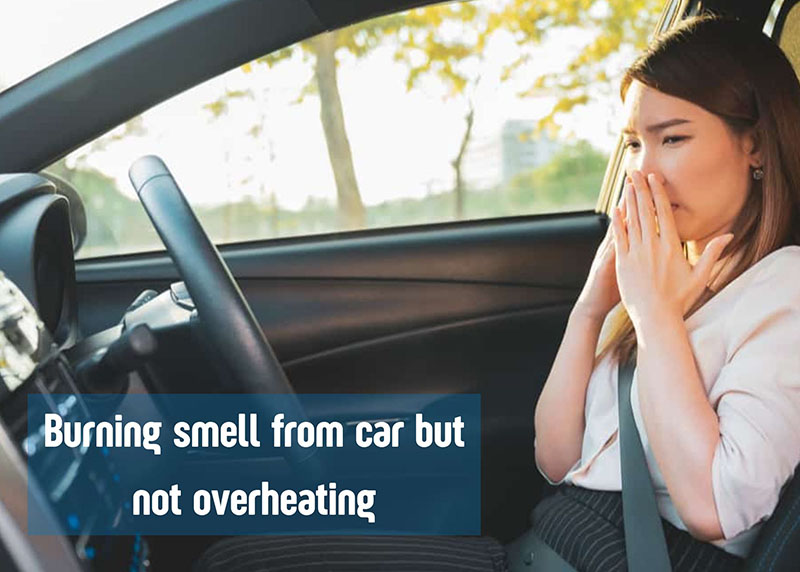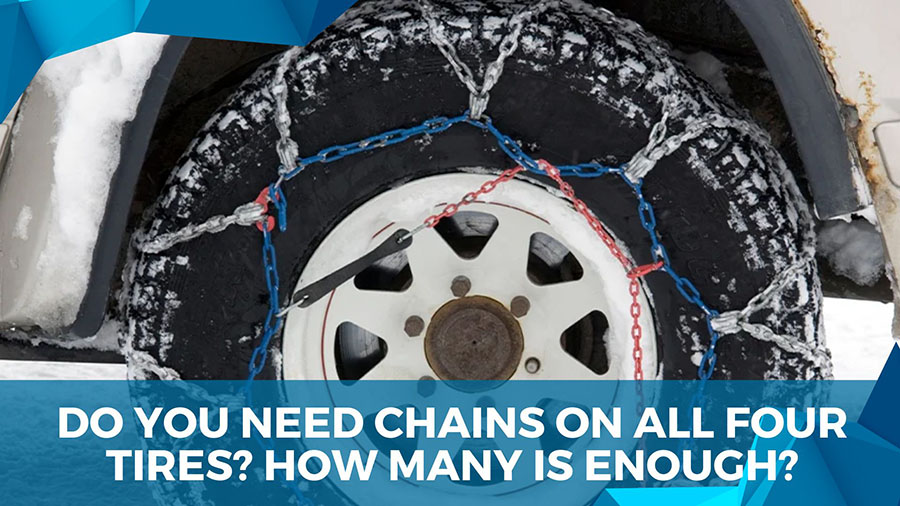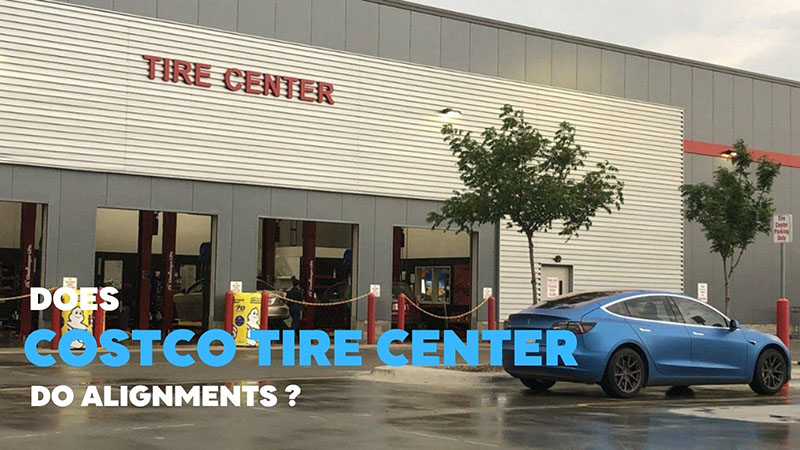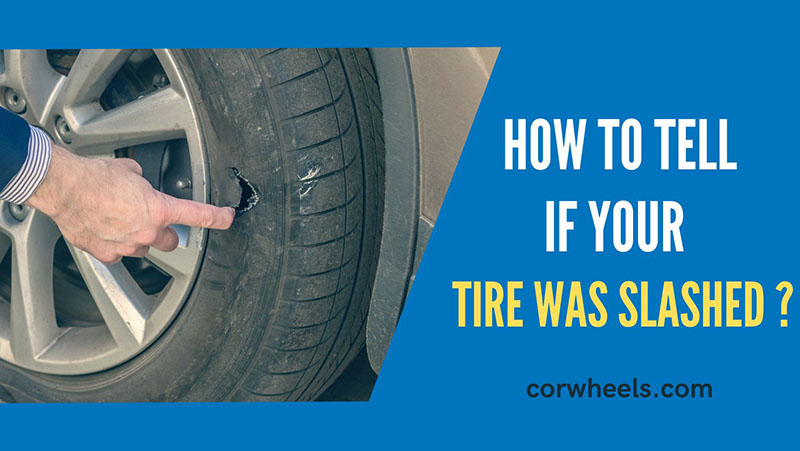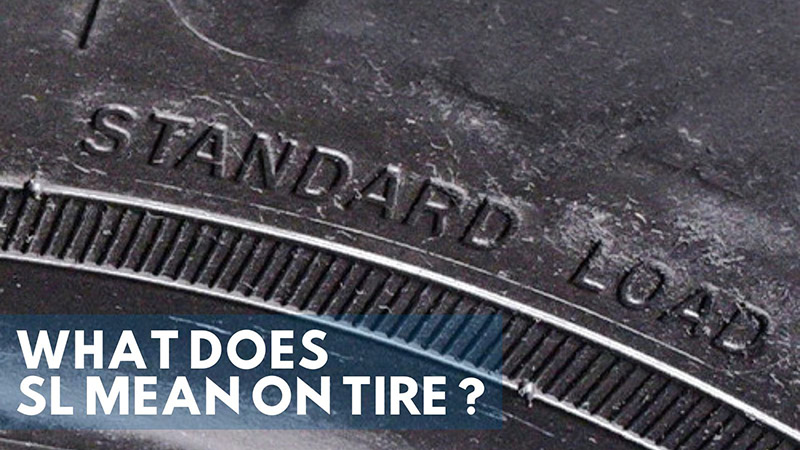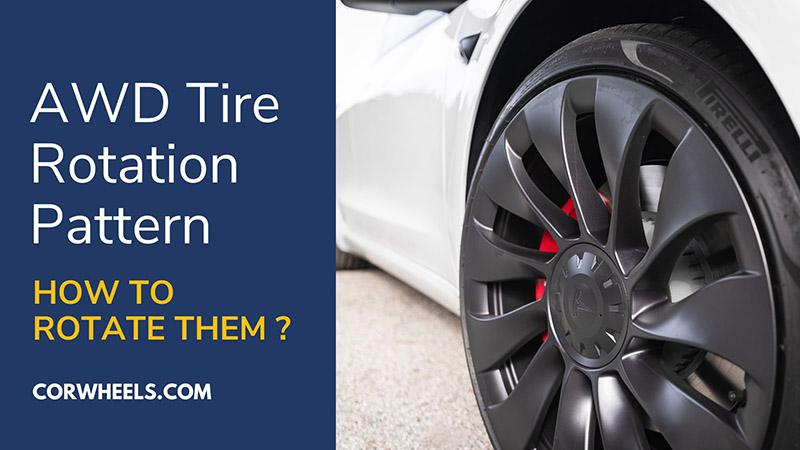Have you been driving on highways when a terrible burning rubber smell from car parts erupts your nose? That’s a more common issue than you think, and many people struggle to learn why. Did they leave their cigarettes in the backseat, or is a certain system catching fire?
No worries; we are here to help. Our inclusive guide will list possible reasons your car gives off such an odor.
In this article:
Reasons and Solutions For A Car Burning Rubber Smell
Why does my car smell like burnt rubber? A faulty AC compressor, hot rubber or slipping belts, leaking or clogged heater, rubbing tires, and a defective alternator are common culprits.
1. Defective Air Conditioning Compressor
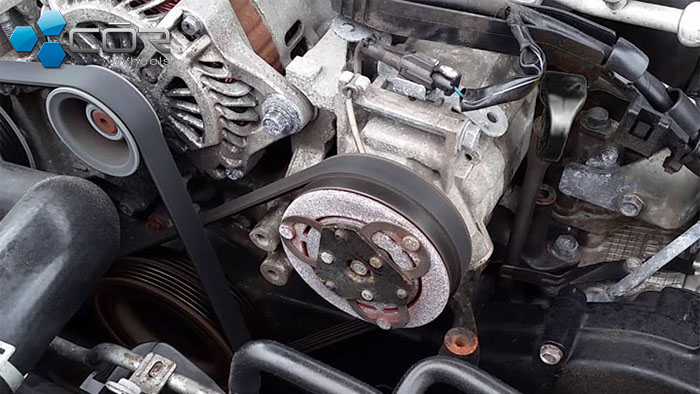
Never forget that most AC compressors in vehicles are belt-driven. Hence, any internal issue with its clutch, pulley, or compressor itself may generate strange smells.
The most common cause is a stuck compressor. When it struggles to pull out, the engine belt will stick to the compressor and heat up its rubber. No wonder the burning odors get worse!
Another possible culprit is a bad AC compressor that keeps turning. During its engagement, the belt will turn non-stop, spinning every damaged component inside. Such chain reactions will produce excessive friction, spewing more heat and making the belt smell burnt.
What to Do? Ensure your refrigerant level is always up to the required specifications. Only then can the compressor stop giving your car irreparable harm that costs a fortune to fix.
If the AC locks up or ceases, we suggest freeing the device mechanically to get it working again. However, do not turn to this technique as a permanent, long-term solution; it just merely gives you some time to save money for a replacement unit.
2. Hot Rubber or Slipping Belts
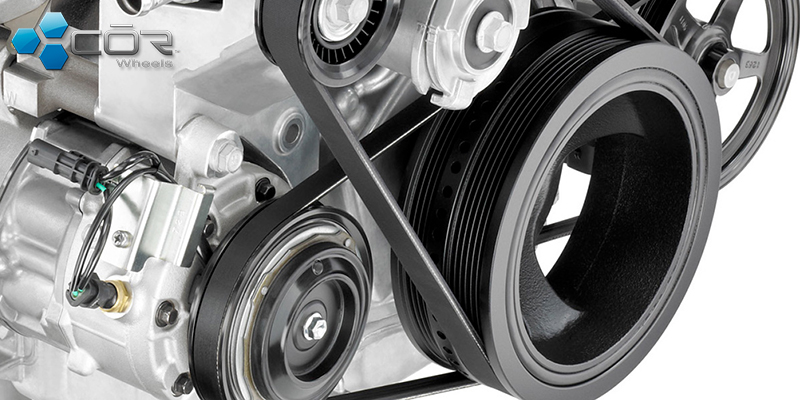
A drive belt (or accessory/serpentine belt) transfers power from engine bays to other vehicle parts for optimum operation. Once it becomes misaligned, damaged, or loose (or when an accessory or pulley within the system becomes broken), belt slippage is inevitable. The high friction that follows results in burning rubber odors!
Worse, in these cases, other drive accessories like water pumps, air pumps, AC compressors, and generators also appear locked or out of order. You may even catch squealing sounds from the engine compartments or spot huge cracks on the belt’s ribbed part.
For lackluster timing belts, the odor often goes hand in hand with violent shudders or shaking. Why? The hoses from nearby systems (power steering, cooling) might have rubbed against the belt and melted, stripping the car of proper handles and control.
What to Do? Since many components in the car are belt-operated, bring the vehicle to mechanics and address the problem immediately. If unattended, the damaged/snagged serpentine belt will break down and destroy the car.
3. Leaking Heater Cores or Clogged Heaters/Heater Vents
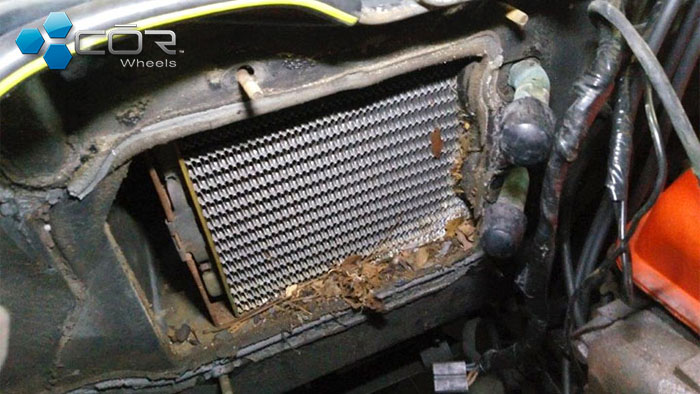
Occasionally, random objects like old rags and candy wrappers may invade the car vents. Debris and dust also gather up in the systems (which is highly possible if you have stopped using the heaters for long periods).
Whether it’s the wrapper or the debris, the consequences are the same: these obstacles create distinct scents whenever drivers blast the heating.
Aside from clogged heaters, fluid leaks from the heater core are another possibility; it might also have been broken or melted partially.
What to Do? Clean the vehicle thoroughly – especially the heaters and HVAC components – to keep clogging issues at bay. But if the odor lingers despite your clog-free heater vents, ask an auto shop to instantly inspect the heaters, heater cores, and suspected components.
4. Tire Rubbing
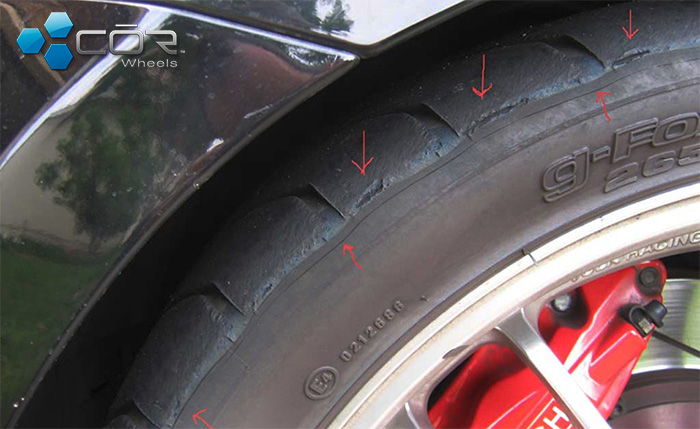
Even under extreme ambient temperatures, a good tire should not emit burnt smells during drives. And if it does? Check for visible damage on the outer/inner sidewalls or strange tread wear.
We also suggest looking for wheel misalignment or damage/wear to the suspension components. Misaligned wheels are a huge problem – since incorrect offsets will cause violent tire rubbing against the wheel’s inner fender lip. Now you understand where that horrible smell comes from!
What To Do? Have the service center align the wheels or replace damaged suspension features. Unless you are a skilled technician yourself, do not perform these complex tasks at home.
5. Defective Alternators
As alternators charge the car’s batteries and power up electrical components, they will never stop running throughout the car’s entire operation. It’s not surprising that they are more vulnerable to defect developments than other compartments!
In normal cases, standard alternators can last 100,000 miles with no complications. Still, alternator failures are expected if the winding insulation or brushes go wrong due to too much heat exposure.
What to Do? To confirm whether the components work properly, use digital multimeters and measure the battery’s voltage (remember to turn off the engine first).
Charged batteries should be more than 12.5 V (or whatever number specified in the car’s manual). Any reading lower than that means either the battery conditions are down or your alternator doesn’t charge right.
Next, repeat all the above steps, but turn on one or two electrical accessories this time. The voltage measurements should fluctuate from 13.8 to 14.8V.
A reading result that falls short of that range means bad alternators are the culprit for all those camping scents and white smokes. Have them checked and fixed by expert mechanics.
Extra: Learn The Differences Between Strong Smells!
Although cars often smell burnt rubber, rarer cases DO witness other types of burning odors. Hence, the causes behind them also differ greatly:
- Burnt hair/carpet smell: hard braking, coated resins on new rotors or brake pads, seized parking brake pistons.
- Burnt plastic smell: electrical short, broken fuel injectors or blower resistor, blown catalytic converters.
- Burnt oil smell: improper oil levels, bad gaskets/ air filter/ seal/ drain plug/ valve cover gaskets.
- Fume-like smells or burnt exhaust: failing/ cracked exhaust manifolds or exhaust pipes, accidental oil leaks, residual buildups, spilled transmission fluids.
- Acrid smell/rotten egg smell: pinched brake hoses, seized calipers, warped rotors.
- Sweet smell: slipping clutch, coolant leaks, malfunctioning brake pedals.
Can You Keep Driving With Pungent Smells in Cars?
You can, for a short while. But it’s not recommended. Go to the nearest mechanics before things get out of hand.
Can Burning Smells Lead to Car Fire?
Yes, but not in all cases, since overheating issues are not always the cause of bad smells. The possibility is still startlingly high, so be careful!
Can Unusual Smells Go Away On Their Own?
No. The distinct smells indicate technical issues with the vehicles, and unless you treat those issues properly, odors will keep lingering – if not get worse.
Conclusion
So many potential factors explain why your car smells like burning rubber and emits black smoke that you may feel overwhelmed. Be patient; use the inclusive guides above to differentiate type of smell and check each car part carefully.
Plus, we suggest you spend a bit more money at repair shops instead of doing everything at home. Some complex troubleshooting tasks are not meant for amateurs!

